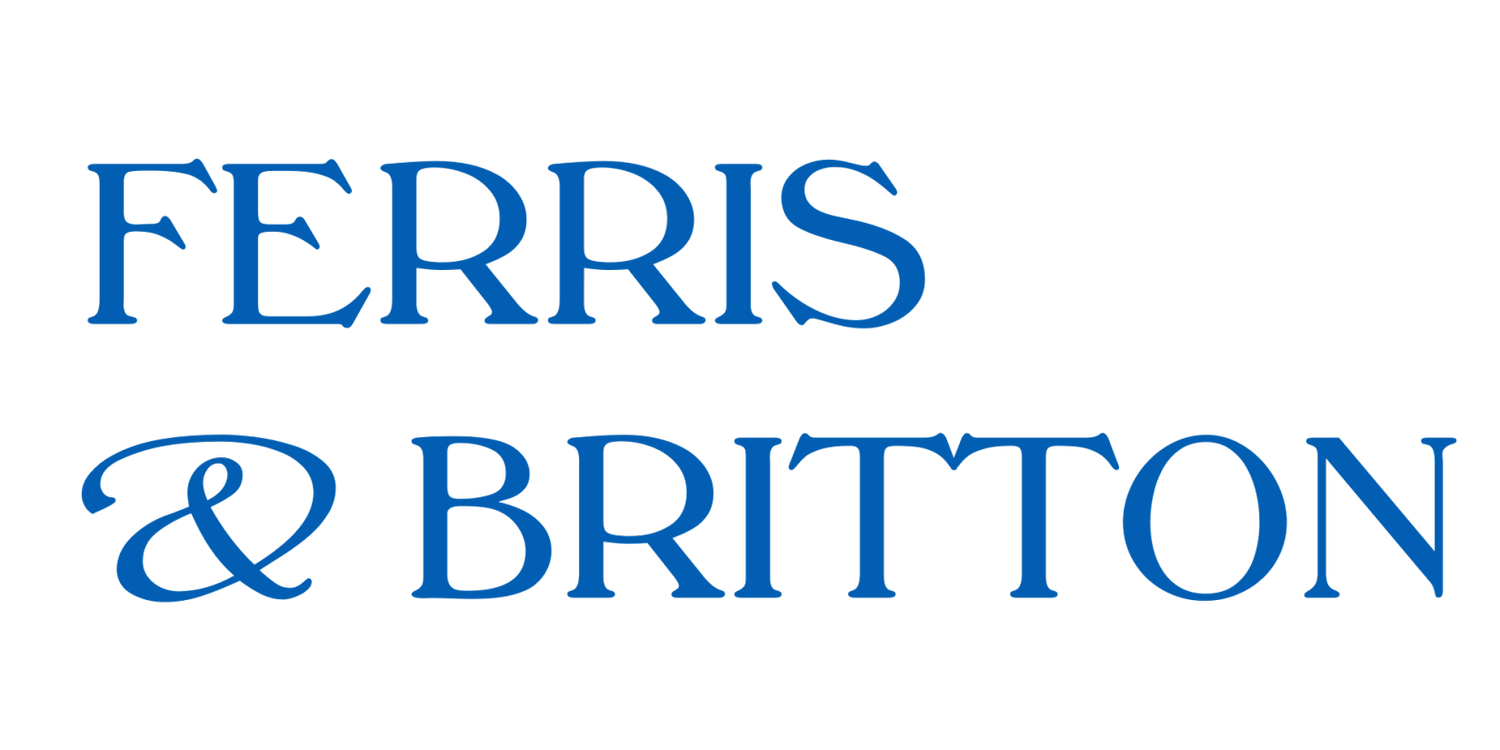By now, most California employers are familiar with the new California “ABC test” to determine if workers are employees or independent contractors. This ABC test was first introduced in April 28, 2018, when the California Supreme Court issued its decision in Dynamex Operations West, Inc. v. Superior Court 4 Cal.5th 903 (2018) (“Dynamex”), which changed from the Borrello multi-factor test to the ABC test for employee classification under the California wage orders adopted by California’s Industrial Welfare Commission (“IWC”) that regulate the wages, hours, and working conditions of certain industries and occupations. In September 2019, Governor Newsom signed into law what was known as Assembly Bill 5 (“AB5”), which codified the Dynamex decision, expanded the ABC test to all provisions of the California Labor Code, Unemployment Insurance Code, and Wage Order claims, and added in a number of different industry-based exemptions. AB5 became effective on January 1, 2020 as Labor Code Section 2750.3, and since that time employers across the state have been scrambling to restructure their businesses to comply.
On September 4, 2020, Labor Code 2750.3 was repealed, which includes most of AB5 and its exemptions, and instead Assembly Bill 2257 (“AB2257”) was approved to take effect immediately. Importantly, while the AB2257 became effective September 4, 2020, it applies to work performed on or after January 1, 2020, while any exemptions that would relieve an employer from liability apply retroactively. Cal. Lab. Code sec. 2785 subd. (b)-(c). If a hiring entity can demonstrate that it fits in to one of the exemptions delineated in AB2257, then the Dynamex decision does not apply to that hiring entity and instead the determination of whether or not an individual is an independent contractor or employee is governed by the Borello 12-part test. Cal. Lab. Code sec. 2785(d).
AB2257 preserves the 3-part ABC test, expands the available exemptions to the test, and broadens governmental enforcement powers by allowing district attorneys, in addition to the Attorney General and certain city attorneys, to file an injunctive relieve action against businesses suspected of misclassifying independent contractors. In addition to the 50 or so industries exempted under AB5, the new bill adds exemptions for several new industries, including but not limited to a single engagement business to business relationship, occupations in connection with creating, marketing, promoting, or distributing sound recordings or musical compositions, data aggregators, landscape architects, appraisers, newspaper distributors working under contract with a newspaper publisher, competition judges and referees, manufactured housing salespersons, home inspectors, youth sports coaching, caddying, wedding planning, and interpreters.
AB2257 deliberately excluded certain exemptions for a number of industries that have engaged in extensive lobbying, including gig economy workers, trucking, franchising, many mental health therapists, physical therapists, occupational therapists, speech pathologists, and motion picture and television industries. Proposition 22, which is on the November 2020 ballot because of extensive lobbying efforts, seeks an exemption for app-based drivers such as Uber, Lyft, and Doordash. Those industries that did not obtain an exemption under AB2257 likely will continue to lobby legislators, particularly if Proposition 22 is successful. California employers undoubtedly will continue to see amendments, additional exemptions, and continued lobbying efforts with regards to AB2257 and the ABC test in the years to come.
Importantly, AB2257 also revised existing exemptions, such as the business services exemption, referral agency exemption, business-to-business relationships. As a result, hiring entities who may not have been exempt previously under AB5 may now fit in to an exemption under AB2257, and vice versa. For further assistance regarding whether or not your particular business or industry may fall in to an exemption in AB2257 or to navigate workplace solutions to ensure compliance, please reach out to me directly at ekulas@ferrisbritton.com.
Elyssa K. Kulas is a litigation attorney at Ferris & Britton who specializes in Labor and Employment and Business Disputes.

